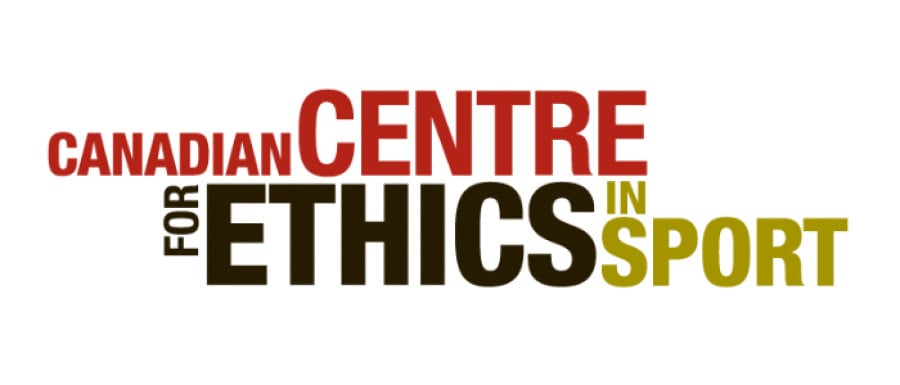U Sports football athlete suspended for the presence of D- and L-amphetamine
Press Release
This article is written in English with a French translation underneath.
5 January 2017 – The Canadian Centre for Ethics in Sport (CCES) announced today that Daniel McNicoll, a U Sports football athlete from Carleton University, received a two-year sanction for an anti-doping rule violation. The athlete’s urine sample, collected during in-competition doping control on October 1, 2016, revealed the presence of D- and L-amphetamine.
D- and L-amphetamine is classified as a “specified substance” on the World Anti-Doping Agency Prohibited List. Under the rules of the Canadian Anti-Doping Program (CADP), the period of ineligibility for a first violation for the presence of a “specified substance” is two years, unless an athlete can meet the conditions for eliminating or reducing the period of ineligibility.
In response to the CCES’ notification of the adverse analytical finding, Mr. McNicoll waived his right to a hearing and accepted a sanction of two years ineligibility from sport, terminating November 9, 2018. The athlete, who resides in Hamilton, Ontario, is ineligible to participate in any capacity with any sport signatory to the CADP, including training with teammates.
In compliance with rule 7.10 of the CADP, a copy of the CCES’ file outcome summary can be found at www.cces.ca/sanctionreg.
The CCES is an independent, national, not-for profit organization with a responsibility to administer the CADP. Under the CADP rules, the CCES announces publicly every anti-doping rule violation. We recognize that true sport can make a great difference for individuals, communities and our country. We are committed to working collaboratively to activate a values-based and principle-driven sport system; protecting the integrity of sport from the negative forces of doping and other unethical threats; and advocating for sport that is fair, safe and open to everyone.
le 5 janvier 2017 – Le Centre canadien pour l’éthique dans le sport (CCES) vient d’annoncer que Daniel McNicoll, un joueur de football de U Sports de l'Université Carleton, vient de se voir imposer une suspension de deux ans pour une violation des règlements antidopage. Cette violation a été découverte par l’analyse d’un échantillon d’urine recueilli durant un contrôle antidopage en compétition réalisé le 1er octobre 2016, qui a révélé la présence de D- et L-amphétamine.
La D- et L-amphétamine est classée au titre de « substance spécifique » sur la Liste des interdictions de l’Agence mondiale antidopage (AMA). En vertu des règlements du Programme canadien antidopage (PCA), la période de suspension dans le cas d’une première violation pour usage d’une substance spécifique est de deux ans, à moins que l’athlète en cause puisse remplir les conditions le rendant admissible à l’élimination ou à la réduction de la période de suspension.
En réponse à l’avis du CCES concernant ce résultat d’analyse anormal, M. McNicoll a renoncé à son droit d’audition et a accepté deux ans de suspension (se terminant le 9 novembre 2018). Durant cette période, il est interdit à cet athlète, qui réside à Hamilton, en Ontario, de participer, peu importe à quel titre, à tout sport organisé signataire du PCA, y compris de s’entraîner avec ses coéquipiers.
Conformément au règlement 7.10 du PCA, une copie de la lettre dans laquelle le CCES énonce les motifs de sa décision est affichée à l’adresse suivante : https://cces.ca/fr/registre-canadien-des-sanctions-antidopage.
Le Centre canadien pour l’éthique dans le sport est l’organisme national indépendant et à but non lucratif responsable de l’administration du PCA. En vertu des règlements du PCA, le CCES est tenu de rendre publique toute violation aux règlements antidopage. Nous reconnaissons que le sport sain peut faire une grande différence pour les individus, les collectivités et notre pays. Nous avons pris l’engagement de travailler en collaboration à activer un système sportif basé sur des valeurs et animé par des principes; à protéger l’intégrité du sport des forces négatives du dopage et d’autres menaces contraires à l’éthique; et à défendre le sport juste, sécuritaire et ouvert à tous.
- Anti-Doping Canada Canadian Anti-Doping Program (CADP) Canadian Centre for Ethics in Sport (CCES) Football Governance Regulation WADA Prohibited List World Anti-Doping Agency (WADA)

 Global Summit 2024
Global Summit 2024